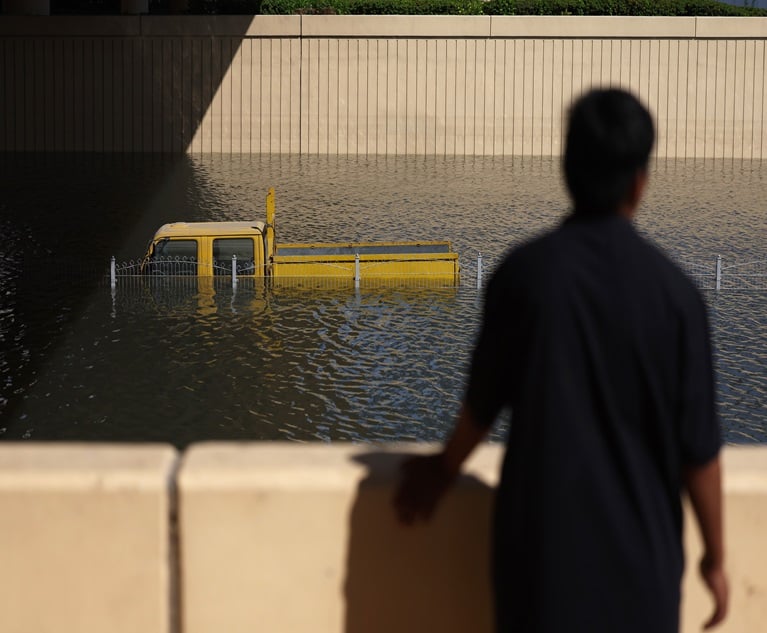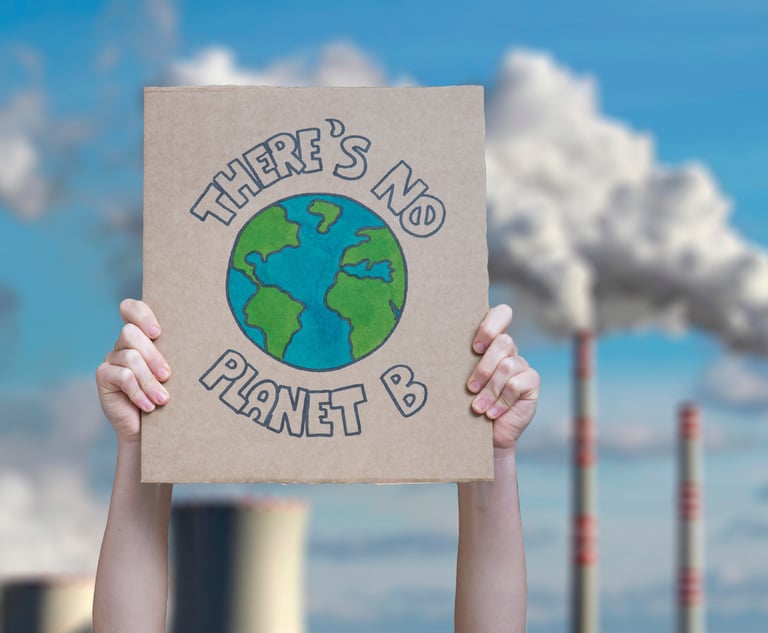We all take on a certain level of risk based on where we chooseto live.
|If you live in San Francisco, the risk of a major earthquake damaging your home is probablyhigher than if you live in Denver.
|Beach lovers in Florida face a risk of hurricane storm surge that residents of Chicagoare fortunate enough to avoid.
|Related: Cities fall short on preparing fordisaster
|To determine where Americans can feel most secure — in more thanone sense — the personal finance website, WalletHub, compared more than 180 cities across 35 keyindicators of safety. One of the three key dimensions WalletHubanalyzed was a city's natural-disaster risk.
|Disaster criteria
The natural-disaster risk scores for each city in the study arebased on the following possible disaster risk level:
- Earthquake.
- Flood.
- Hail.
- Hurricane storm-surge.
- Tornado.
- Wildfire.
So, which cities most need to pay attention to natural disasterrisk mitigation and recovery efforts?
|Above are the U.S. cities with the highest andlowest natural disaster risk levels, according toWalletHub's analysis.
|Related:
|Trump disbands group that prepared cities forclimate shocks
||Big insurers brace for perilous future as climaterisks escalate
Want to continue reading?
Become a Free PropertyCasualty360 Digital Reader
Your access to unlimited PropertyCasualty360 content isn’t changing.
Once you are an ALM digital member, you’ll receive:
- All PropertyCasualty360.com news coverage, best practices, and in-depth analysis.
- Educational webcasts, resources from industry leaders, and informative newsletters.
- Other award-winning websites including BenefitsPRO.com and ThinkAdvisor.com.
Already have an account? Sign In
© 2024 ALM Global, LLC, All Rights Reserved. Request academic re-use from www.copyright.com. All other uses, submit a request to [email protected]. For more information visit Asset & Logo Licensing.








